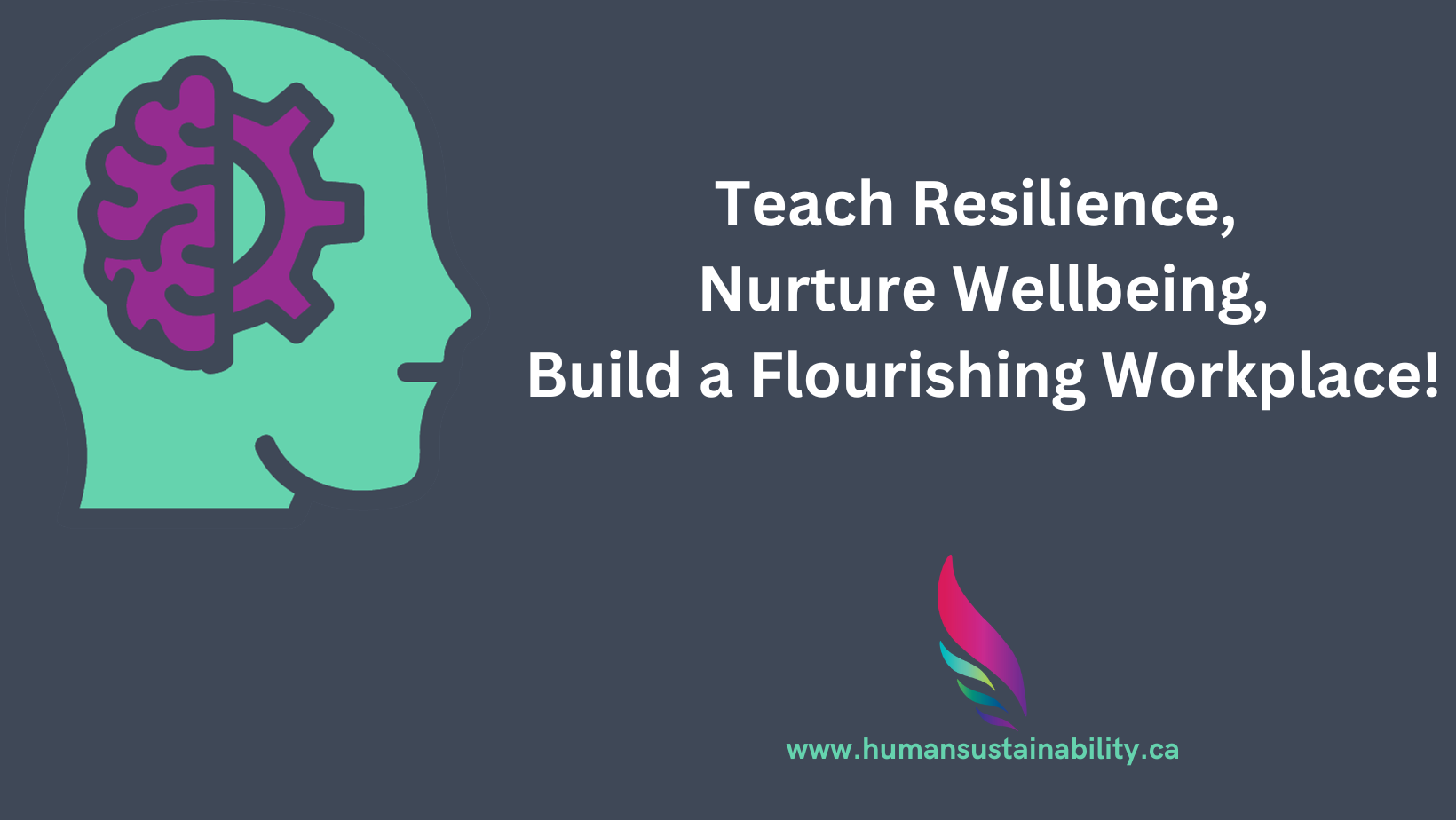
In the dynamic landscape of today’s workplaces, where challenges and stressors abound, the concept of resilience has emerged as a crucial element in the fight against employee burnout. Research indicates that resilience is a teachable mindset and skillset, offering a powerful solution to the pervasive issue of burnout. As stewards of organizational wellbeing, human resources professionals are uniquely positioned to demystify resilience and champion its integration to foster a workplace culture that thrives despite adversity.
Consider implementing a resilience skills training that empowers employees with the knowledge and tools needed to navigate challenges effectively. This approach not only addresses burnout but also instills a sense of personal mastery, enabling individuals to reclaim control over their lives. But what is resilience and how can it be a potent antidote to employee burnout?
Mastering Attention: Shifting Focus for Emotional Wellbeing
Employee burnout often stems from an overwhelming focus on negative aspects of work or personal life. A resilience skill-building can teach individuals to redirect their attention toward positive experiences. By consciously focusing on what is working and their innate strengths, employees can cultivate a more positive and resilient mindset, ultimately enhancing their ability to cope with stressors.
The Power of Thoughts: Breaking the Cycle of Negative Thinking
Negative thoughts contribute significantly to burnout. Resilience training encourages employees to break free from destructive thinking patterns. By intentionally cultivating helpful thoughts, individuals create mental spaces that foster resilience. This shift not only improves mental and emotional wellbeing but also equips employees to face challenges with a more optimistic outlook.
Motivation to Push Forward: Overcoming Burnout’s Demotivating Effects
Burnout often leads to a decline in motivation, making it challenging for employees to move forward. Resilience training emphasizes the importance of persevering through challenges. By fostering a mindset that values progress over perfection, employees can find renewed motivation, even in the face of adversity.
Effective Coping Strategies: Building Resilience to Withstand Stressors
Coping with stressors is pivotal in preventing and alleviating burnout. Educating on resilience introduces adaptive coping mechanisms, emphasizing controllability. Employees learn to distinguish between situations they can influence and those they must accept. This nuanced approach equips them with the tools to navigate challenges more effectively, reducing the impact of stressors on their wellbeing.
Having a Resilience Plan: Actionable Steps for Employee Wellbeing
Insight without action is incomplete. A resilience plan provides employees with a tangible framework for translating insights into specific actions. This plan should include strategies for moving forward, fostering resilience in the face of challenges. By empowering employees with actionable steps, organizations can proactively address burnout and enhance overall wellbeing.
So How Is Resilience Taught?
Evidence-based resilience training prioritizes the development of mental, emotional, physical, and social skills to empower employees with a well-rounded toolkit for navigating the challenges of work and life. Focusing on mental skills, individuals can learn to manage overwhelming thoughts, worries, and judgments, fostering a resilient mindset for effective problem-solving. Emotional skills training encourages employees to work with their emotions, promoting emotional intelligence and resilience to navigate the complexities of the workplace. Resilience skill-building emphasizes the importance of physical wellbeing, recognizing its impact on mood, creativity, and focus. By maintaining a strong and healthy body, employees are better prepared to withstand the demands of high-pressure environments. Additionally, resilience strengthening would not be complete without delving into social skills, fostering connections with oneself, colleagues, and the broader community, cultivating a sense of belonging and support. This holistic approach not only addresses burnout but also promotes overall wellbeing, contributing to a resilient and flourishing workplace culture.
Considering all facets of resilience building and incorporating these resilience components into a comprehensive training program offers a holistic approach to combat employee burnout. As human resources professionals, your role is pivotal in fostering a positive and supportive workplace culture. By investing in resilience, you not only address burnout but also contribute to the longevity and success of your organization.
In conclusion, resilience is a teachable and indispensable skillset that can serve as a powerful tool in the battle against employee burnout. By demystifying resilience and integrating it into the fabric of your organization, you empower your workforce to navigate challenges with grace, resilience, and a renewed sense of purpose.
Presented by

Archives
Categories
- Attraction and Recruitment
- Benefits
- Celebrating Success and Recognition
- Change Management
- Conflict Resolution and Coaching
- Culture
- Diversity, Equity and Inclusion
- Emotional Intelligence
- Employee Engagement
- Employee Performance
- Labour Disruption
- Mentoring
- OMHRA activities
- OMHRA Events
- Psychological health and safety of the HR professional
- Recruitment
- Recruitment and Retention
- Retention
- Uncategorized
- Unique ideas for recruiting in a tight job market
- Wellness
Recent Posts
- How Leadership Development Coaching Provides Better Outcomes
- Better Leadership: Focus on a Coach Approach
- Creating a Psychologically Safe Workplace
- Group Health Insurance – The Impact of Preferred Pharmacy Networks on Employees’ Mental Health
- Provide Real Support For Your Mid-Career Team’s Psychological Resilience
